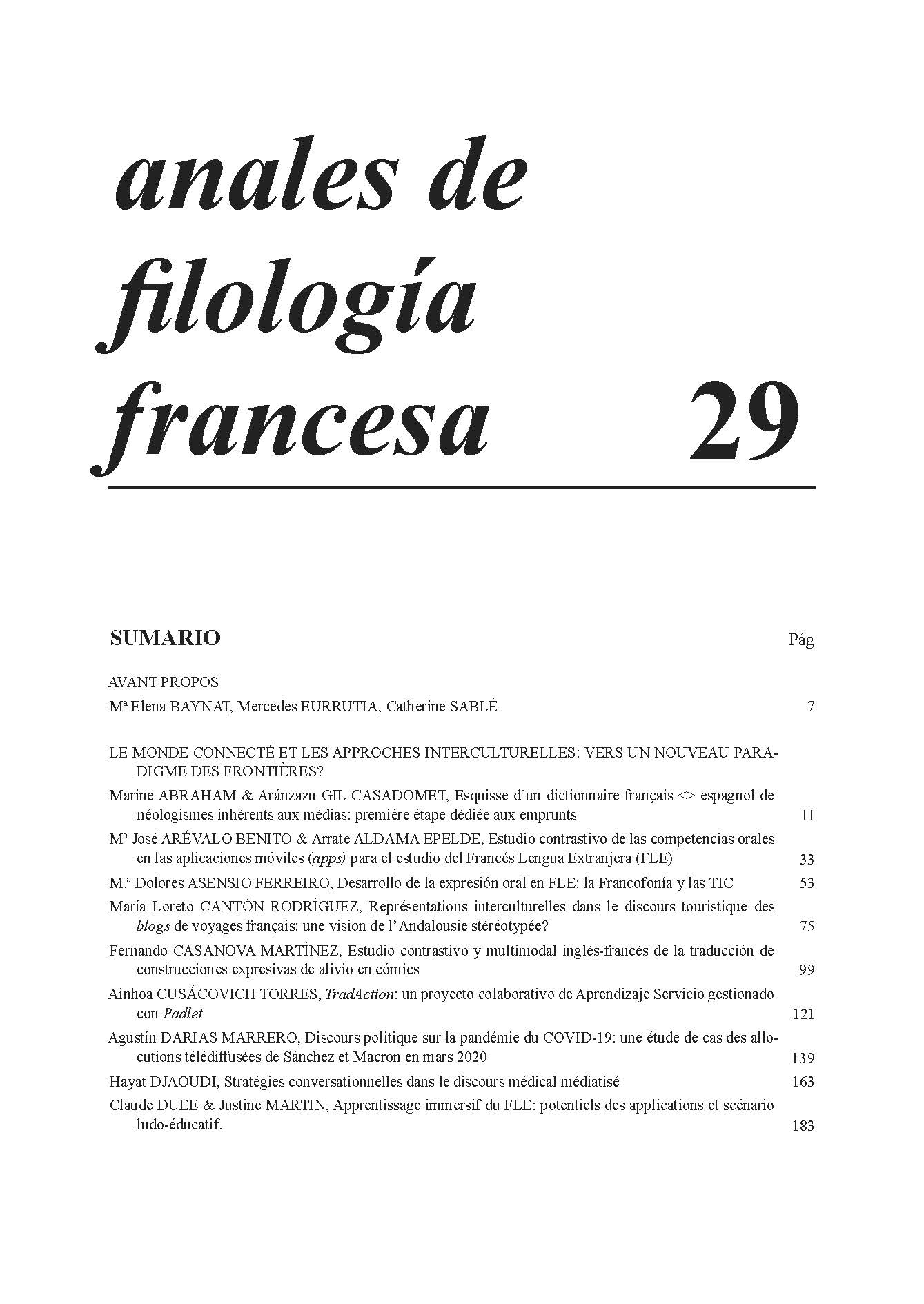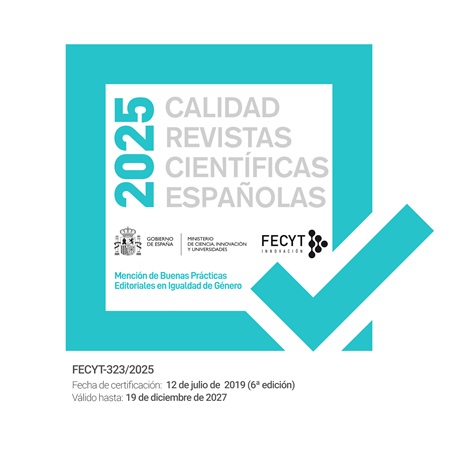From circumstantial narrative to humanist thought: the human condition in wartime in Vercors’ works
Abstract
The two World Wars brought a trend of humanist revival in search of new values for con-temporary man. Among others, the Second World War particularly left its mark on the work and thought of the French writer Vercors. In this article, we will try to identify and analyse the particularities of the birth of Vercors’ works in the French context of the war and post-war periods. Based on contemporary realities, his first fictions raised questions about the human condition, which Vercors tried to answer in his ethical-philosophical es-says. We propose a detailed study of some of these texts in order to create a space of con-vergence between the ethical and aesthetic identities that characterise the author’s early publications.
Downloads
-
Abstract371
-
PDF (Français )663
References
Références bibliographiques
ABENSOUR, Miguel. 1997. “Le mal élémental” in Emmanuel Levinas. Quelques réflexions sur la philosophie de l’hitlérisme. Paris, Rivages, 27 103.
AGAMBEN, Giorgio. 1997. Homo sacer. Paris, Éditions du Seuil.
BECKER, Annette. 2006. “Exterminations. Le corps et les camps” in Jean-Jacques Courtine, Antoine de Baecque, Frédéric Keck, Stéphane Audoin-Rouzeau & Yves Michaud (éds.). Les mutations du regard : Le XXe siècle. Paris, Éditions du Seuil.
CAHEN, Roland. 1967. “La psychologie du rêve. Son utilisation comme moyen de connaissance et agent thérapeutique” in Roger Caillois et Gustav Edmund Von Grunebaum (éds.). Le rêve et les sociétés humaines. Paris, Gallimard, 102 27.
CAMUS, Albert.1985 [1951]. L’homme révolté. Paris, Gallimard.
CAYROL, Jean. 1950. Lazare parmi nous. Neuchâtel, Éditions de la Baconnière.
DAYAN-ROSENMAN, Anny. 1999. “Vercors et le statut des Juifs sous l’Occupation: Une révolte militante” in Les Temps Modernes, no 604, 131 151.
GARAUDY, Roger. 1969. Perspectives de l’homme existentialisme, pensée catholique, structuralisme, marxisme. Paris, Presses universitaires de France.
KERTÉSZ, Imre. 1999. “Le vingtième siècle est une machine à liquider permanente. Entretien d’Imre Kertész avec Gerhard Moser”. in Catherine Coquio (éd.). Parler des camps, penser les génocides. Paris, Albin Michel, 87 92.
LEVINAS, Emmanuel. 1997 [1934]. Quelques réflexions sur la philosophie de l’hitlérisme. Paris, Rivages.
MONTAIGNE, Michel (de). 1965 [1595]. “De la solitude” in Pierre Villey & Verdun-Louis Saulnier (éds.). Essais, Vol. Livre I. Paris, Presses Universitaires de France.
RIFFAUD, Alain. 2014. Vercors: l’homme du silence. Rome, Portaparole.
ROUSSET, David. 1946. L’univers concentrationnaire. Paris, Éditions du Pavois.
SARTRE, Jean-Paul. 2005 [1946]. L’existentialisme est un humanisme. Paris, Gallimard.
SEMPRÚN, Jorge. 1994. L’écriture ou la vie. Paris, Gallimard.
VERCORS. 1950a [1949]. “La sédition humaine” in Plus ou moins homme. Paris, Albin Michel.
VERCORS.1950b [1948]. Les yeux et la lumière, mystère à six voix. Paris, Albin Michel.
VERCORS. 1950c. Plus ou moins homme. Paris, Albin Michel.
VERCORS. 1984. Les nouveaux jours. Esquisse d’une Europe. Briand oublié (1942-1962). Paris, Plon.
VERCORS. 1986. Le tigre d’Anvers. Paris, Plon.
VERCORS. 2002 [1967]. La bataille du silence. Paris, Omnibus.
VERCORS. 2015 [1944]. Le songe. Paris, Albin Michel.
VIART, Dominique. 2012. “Vers une poétique ‘spectrale’ de l’Histoire” in Jutta Emma Fortin & Jean-Bernard Vray (éds.). L’imaginaire spectral de la littérature narrative française contemporaine. Saint-Étienne, Publications de l’Université de Saint-Étienne, 37 51.
Las obras que se publican en esta revista están sujetas a los siguientes términos:
1. El Servicio de Publicaciones de la Universidad de Murcia (la editorial) conserva los derechos patrimoniales (copyright) de las obras publicadas, y favorece y permite la reutilización de las mismas bajo la licencia de uso indicada en el punto 2.
2. Las obras se publican en la edición electrónica de la revista bajo una licencia Creative Commons Reconocimiento-NoComercial-SinObraDerivada 3.0 España (texto legal). Se pueden copiar, usar, difundir, transmitir y exponer públicamente, siempre que: i) se cite la autoría y la fuente original de su publicación (revista, editorial y URL de la obra); ii) no se usen para fines comerciales; iii) se mencione la existencia y especificaciones de esta licencia de uso.
3. Condiciones de auto-archivo. Se permite y se anima a los autores a difundir electrónicamente las versiones pre-print (versión antes de ser evaluada) y/o post-print (versión evaluada y aceptada para su publicación) de sus obras antes de su publicación, ya que favorece su circulación y difusión más temprana y con ello un posible aumento en su citación y alcance entre la comunidad académica. Color RoMEO: verde.











